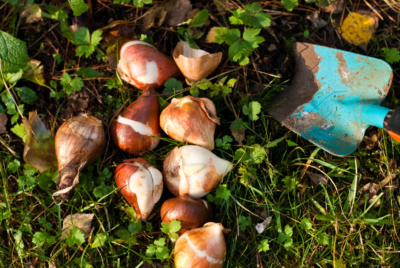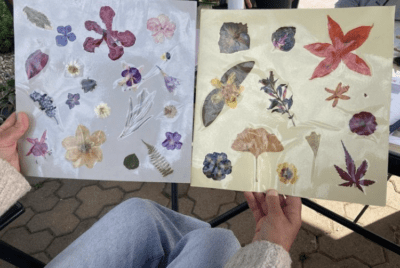RESEARCH
Developing Evaluation Scales for Horticultural Therapy
Summary
This study was about finding a better way to measure how well horticultural therapy works. Horticultural therapy is a type of treatment where trained professionals use gardening and working with plants to help people improve their health and well-being in different ways, including physically, mentally, emotionally, and socially. The people who did this study felt that the ways horticultural therapy was being evaluated before weren’t good enough because they often focused on just one aspect of a person’s health and used measurement tools borrowed from other fields that weren’t specifically designed for horticultural therapy. So, the main goal was to create new evaluation tools that could properly assess the wide-ranging benefits of horticultural therapy.
To create these new tools, the researchers did several studies. They started by asking horticultural therapists what they thought were important areas to measure. Then, they interviewed more therapists to get a deeper understanding. After that, they asked a panel of experts to agree on what should be included in the evaluation. Finally, they tested these new evaluation tools with a large group of clients receiving horticultural therapy to make sure they were reliable (giving consistent results) and valid (measuring what they were supposed to measure). The study successfully developed four new measurement scales that look at the physical, cognitive, psycho-emotional, and social effects of horticultural therapy and proved that these scales are both reliable and valid for use with a wide range of people.
Link
Eun-Ae Im, Sin-Ae Park, Ki-Cheol Son, Developing evaluation scales for horticultural therapy, Complementary Therapies in Medicine,
Volume 37, 2018, Pages 29-36,ISSN 0965-2299,







